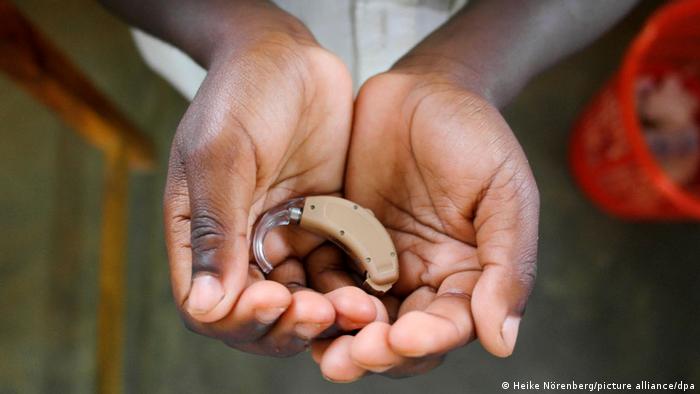CASES of the deadly diphtheria are likely to start cropping up across the UK, an expert has warned.
The highly contagious disease that affects the skin, nose and throat, has so far been contained in an asylum seeker processing centrein Kent.
But Doctor Simon Clarke, biology professor at the University of Reading, has said it’s likely the infection will make it’s way into the general population.
“There will probably be sufficient immunity across the UK to prevent wide scale transmission but it won’t surprise me if smaller, localised outbreaks occur,”; he told The Sun.
“It’s important to stress that while diphtheria is potentially a serious threat to public health, it remains treatable with antibiotics if diagnosed early enough,”; he added.
Babies and children in the UK are vaccinatedagainst diphtheria, meaning cases are rare.
However, the infection is potentially dangerous to migrants who come from countries where this is not the case.
So far, fifty migrants – including some children – who have arrived in the UK this year have been diagnosed with diphtheria, the immigration minister has said.
Two people have been hospitalised and another has died, new data from the UK Health Security Agency (UKSHA) revealed yesterday.
Commenting on the outbreak, Dr Trish Mannes, of UKHSA, said: “The risk of diphtheria to the wider public remains very low, due to high uptake of the diphtheria vaccine in this country, and because the infection is typically passed on through close prolonged contact with a case.
“In order to limit the risk of diphtheria being passed on within asylum seeker settings, UKHSA continues to recommend that individuals arriving at Reception Centres, and who have moved on recently, are offered a diphtheria vaccine and preventative treatment,”; she added.
The number of asylum seekers with the infection spiked in November to 27 cases, compared 18 cases were reported in October and just one each month between June and September.
The 50 diphtheria cases in 2022 is a significant increase from last year, when there was just 10 reported in the UK.
According to the data provided by UKHSA, the majority of cases were found in the South East of England, where the Manston is based.
The Manston migration centre in Kent is now 3,000 people over its 1,000 capacity and continues to grow.
Sir Roger Gale – the MP for North Thanet – said the conditions are “wholly unacceptable”;.
He told BBC Radio 4 last month: “There are simply far too many people and this situation should never have been allowed to develop, and I’m not sure that it hasn’t almost been developed deliberately.”;




